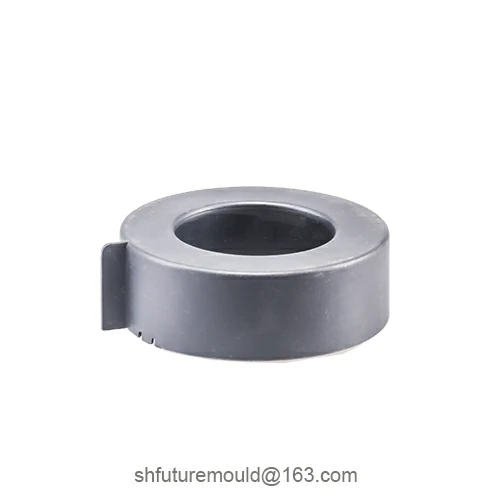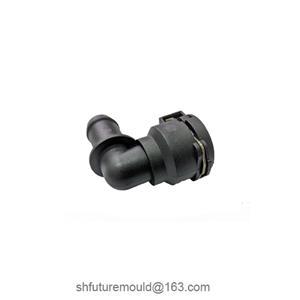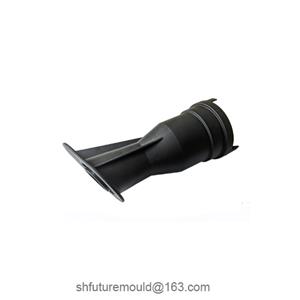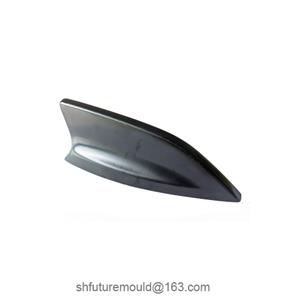What are the reasons for causing internal stress in molded parts?
Residual stress in injection molded products is a common issue that can lead to defects such as cracking and silver streaking. These stresses, typically in the range of 10-40MPa, are an inherent characteristic of the material's deformation history. Here are the main causes of residual stress in injection molded products:
1. Shear-induced Orientation: During the injection process, the molten material experiences high shear rates (10^3-10^4 s^-1) in the flow channels, causing the polymer chains to become oriented. Rapid cooling (>100℃/s) freezes this orientation, resulting in frozen stresses of 20-30MPa.
2. Non-uniform Shrinkage: Crystalline materials (e.g., PP) exhibit increased volumetric shrinkage with higher crystallinity (e.g., a 1% increase in crystallinity leads to a 0.06% increase in volume shrinkage). Differences in cooling rates across different regions of the mold cavity lead to variations in shrinkage, generating shrinkage stresses of 5-15MPa.
3. Thermal Elastic Constraint: When the material cools from above its glass transition temperature (Tg, e.g., 150℃ for PC) to room temperature within the constrained mold, its thermal contraction is hindered, resulting in thermal stresses. A 100℃ temperature difference can theoretically lead to stresses up to 60MPa, though stress relaxation reduces this to 20-30MPa in practice.
4. Compression during Holding Pressure: The holding pressure (typically 50-100MPa) compresses the melt, creating a pressure gradient and density variations. When the holding pressure is released, the core material remains in a high-pressure state, leading to compressive residual stresses.
5. Phase Transition Stress: For semi-crystalline materials, the crystallization process (e.g., PBT at 180-210℃) involves a 4-6% volume shrinkage. The difference in shrinkage between the amorphous and crystalline regions generates interfacial stresses.
- Injection Mold
- Automotive Injection Mold
- Electronics & Electrical Injection Mold
- Consumer Goods Injection Mold
- Airplane Components Injection Mold
- Medical Components Injection Mold
- Irrigation Components Injection Mold
- Injection Molds




